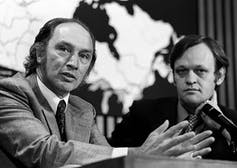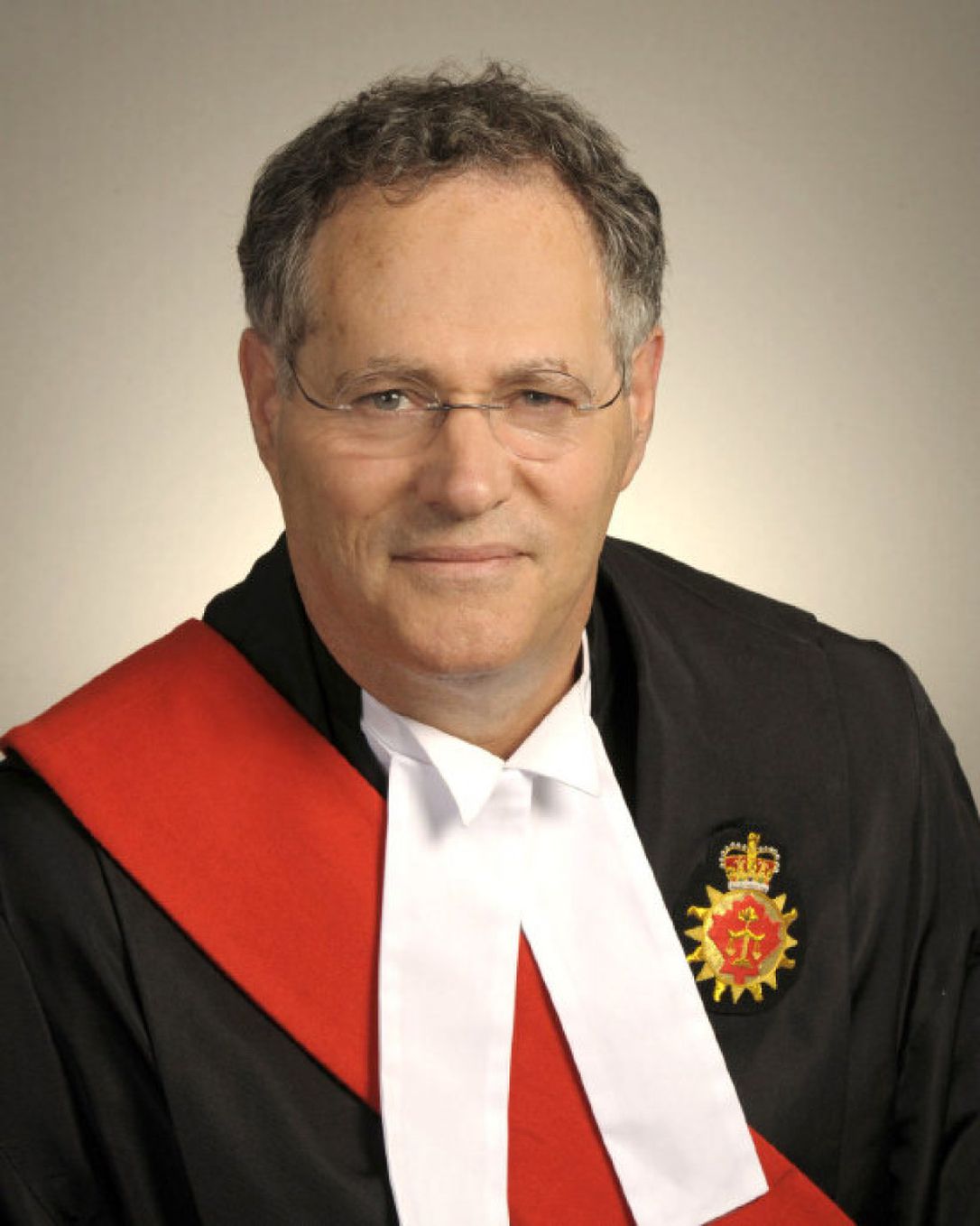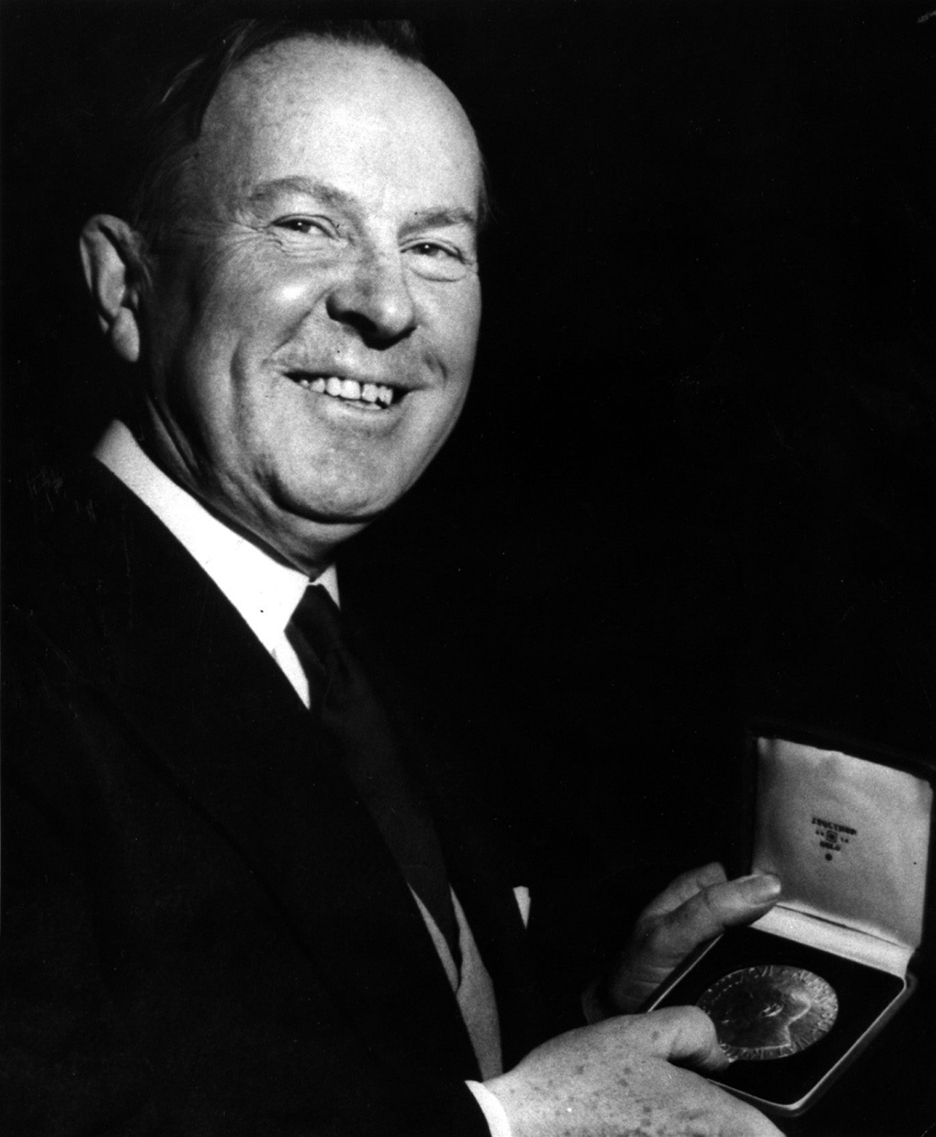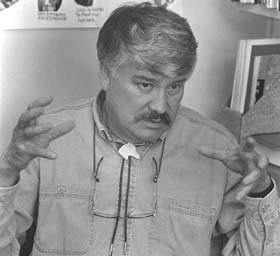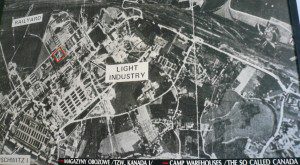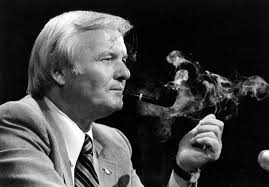
Halfway through my career teaching journalism, around the year 2008, I received a note of thanks from a young man I’d taught reporting skills, news gathering, copy editing and feature writing, among other things. After graduating from Centennial College’s three-year journalism program, Dharm Makwana had left Toronto, moved to the West Coast and landed a job with the Vancouver Sun.
“Because of you, I feel ready to tackle the challenges of an everyday journalist,” he wrote in his thank-you card. “You contributed more to my professional development than any other teacher I’ve ever had.
“I thank you,” he said finally, “for the impact you’ve had on my life.” (more…)
